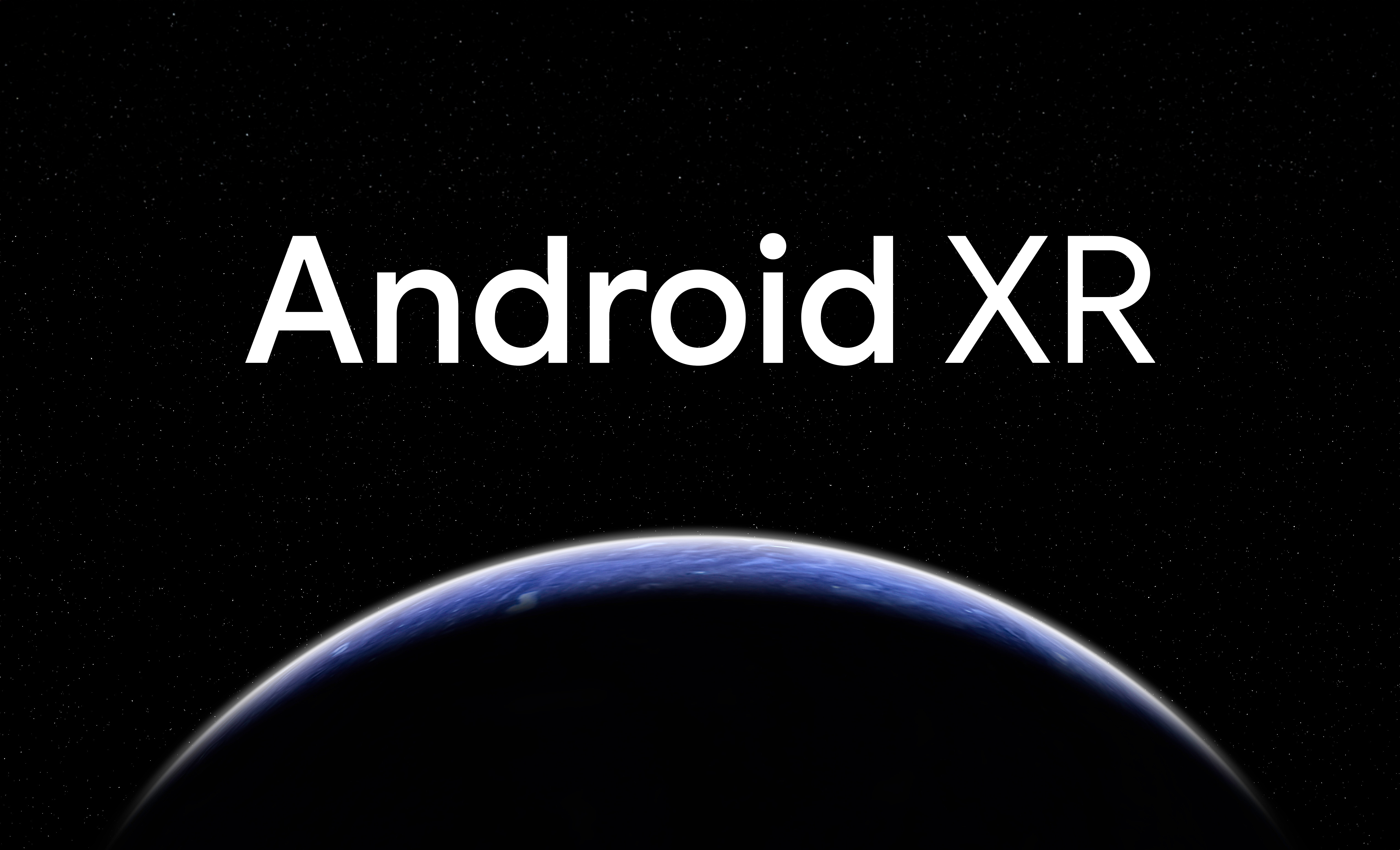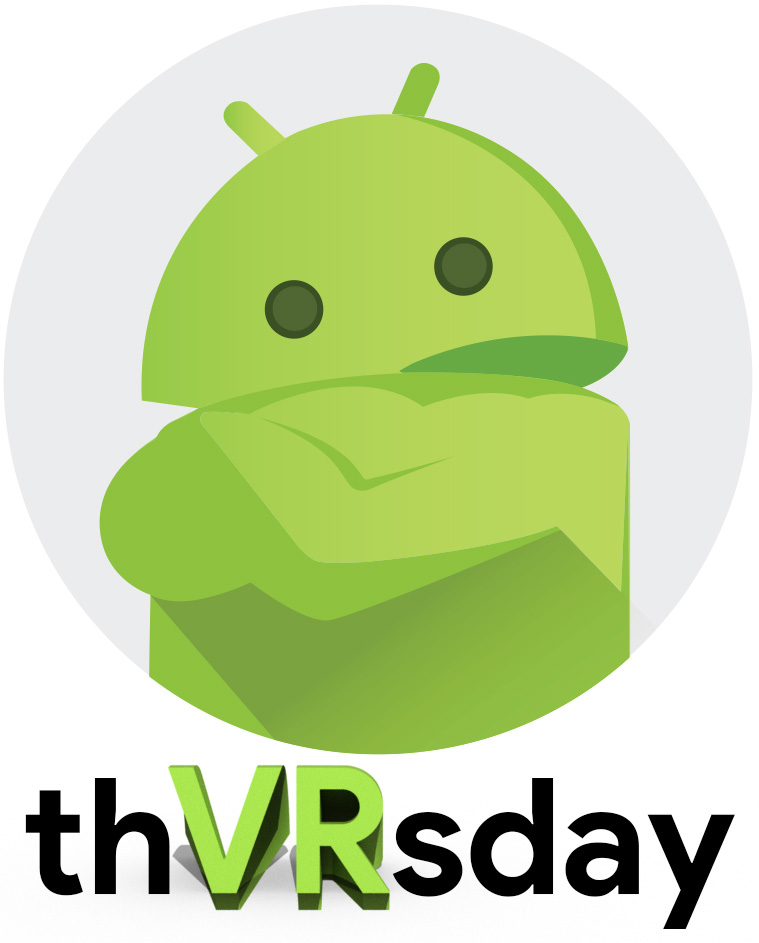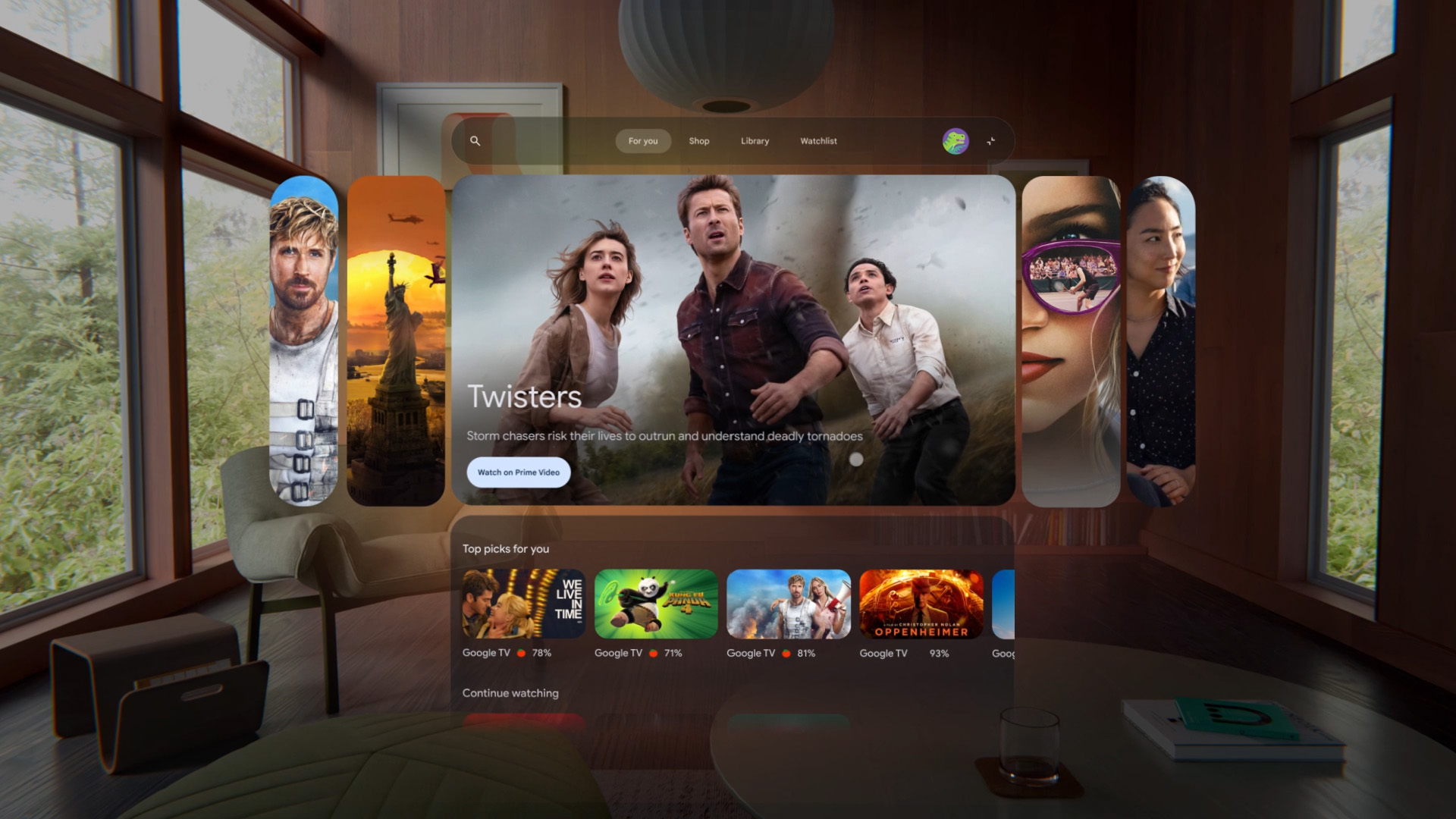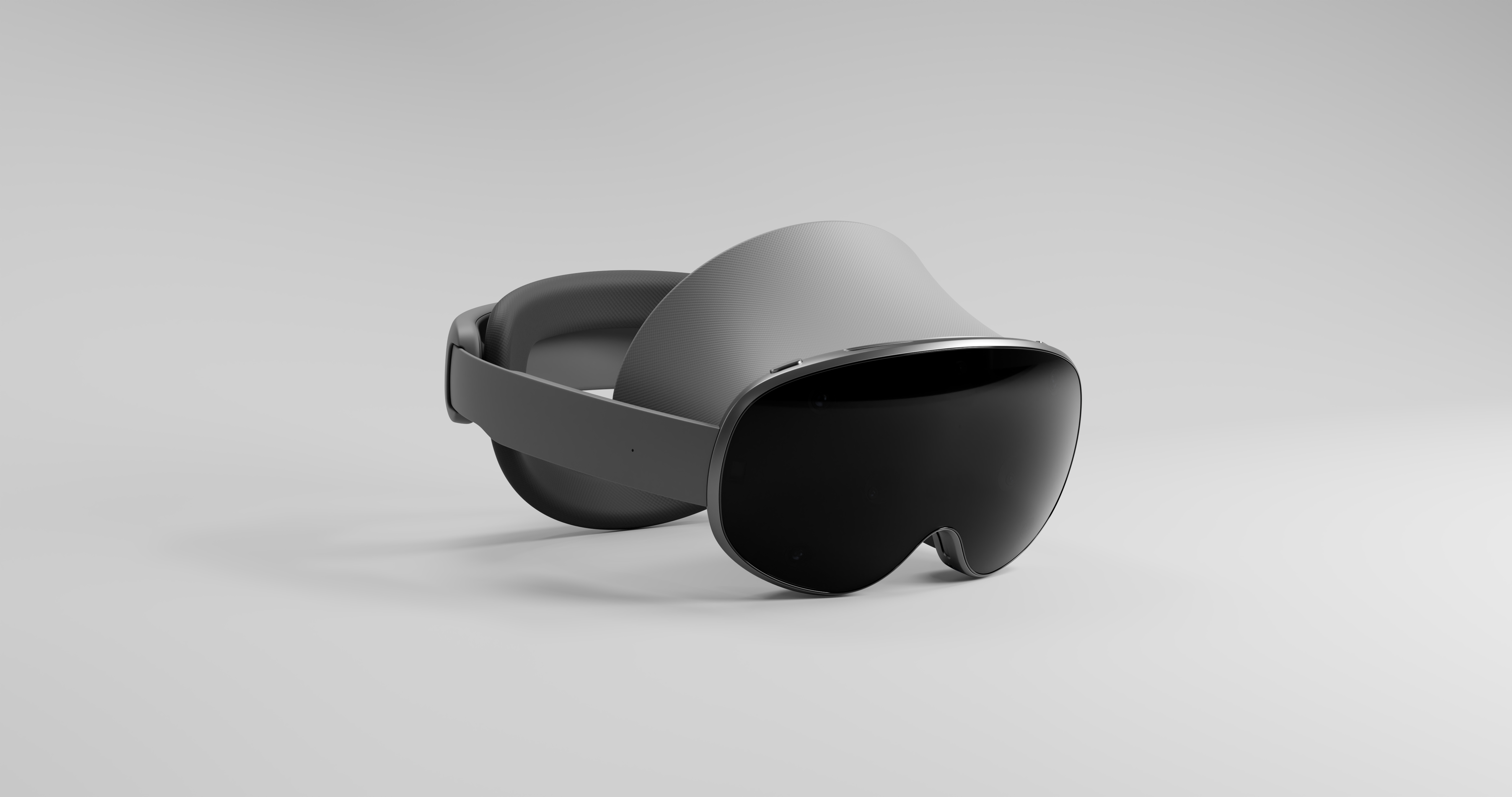
When was the last time you were excited about a new version of Android? Even as a smartphone reviewer, I'll admit it's been a while for me, as well, and the current thought is that Android 16 and 17 might not change that much.

In his weekly column, Android Central Senior Content Producer Nick Sutrich delves into all things VR, from new hardware to new games, upcoming technologies, and so much more.
Enter Android XR, the first new version of Android made for the Gemini era. Google says it's built with Gemini at the core, enabling a brand new type of user interface that's driven entirely by the way you interact with Google's multimodal AI.
As you might have guessed, the XR in Android XR isn't some weird Roman numeral moniker. Rather, it stands for eXtended Reality and is a new spinoff of Android built to unify XR products — mainly smart glasses and VR headsets — under a new set of standards and tools. It's exactly how Android Auto is built for car infotainment systems, and Wear OS is built for smartwatches.
It's a huge opportunity for Google to take the reigns and bring technologies together that, so far, are all very different and often feature messy experiences. But is it too little too late for Google to be doing this? The company thinks otherwise, and Gemini is here to prove it.
Changing the UX paradigm...again

The field of XR is still exciting despite having popular consumer products on the market for a solid decade. Many of the existing UI design paradigms don't feel great in VR — using your laser pointer to select things just feels lazy — but UX designers have made significant headway on this portion of the experience in the last few years with things like hand tracking and eye tracking.
However, Google says a third method is required for truly natural and seamless interaction between the real and virtual worlds: an AI assistant. This is no secret since a multimodal AI assistant is exactly what makes Ray-Ban Meta smart glasses so special.
Meta even launched its Meta AI assistant on Meta Quest headsets this summer, but Google aims to take this concept even further than Meta has, utilizing full hand tracking, eye tracking, and the voice assistant to make the UI feel as natural as possible.
Google is unlocking the full power of Gemini by giving it the ability to see and hear the world around it, delivering context to you in a potential smart glasses form factor.
In one example, Google showed us a prototype pair of AR glasses that have a small screen in the lens, not too dissimilar to what the company launched with Google Glass in 2014. The big difference is that, with Gemini built in, the person wearing the glasses was able to have a conversation with the AI that helped them navigate a busy street without staring at their phone.
Gemini's full capabilities become unlocked with a product like this because it can see through the cameras on the glasses, hear your voice, and interact with you as if it were a human instead of a bunch of icons on a display. It takes the existing AR features of Google Maps and makes them make sense.
Holding up your phone and looking "through" its screen is fine enough, I suppose, but it also invites criminals to snatch your phone and is generally just kind of awkward. Whether it works as well as Meta's Orion prototype is anyone's best guess, but they sure do look nice.

Talking to Gemini in Android XR is more like talking to a person rather than a digital assistant because the answers aren't generic. They're extremely specific to what you're doing and what you need in the moment because it can hear and see what you see and hear.
It's an upgrade over what's currently provided on Ray-Ban Meta Smart Glasses because a screen is involved, allowing Gemini and Android XR to overlay virtual elements onto the real world.
On the VR side of the house, Android XR will enable more natural interactions with the virtual world as well as the real one, as seen in the previous example. This second example showed a person wearing a prototype Samsung VR headset (called Project Moohan) while watching YouTube.
Project Moohan is equipped with a Snapdragon XR2 Plus Gen 2 — that's a step up from the Snapdragon XR2 Gen 2 in the Quest 3 and 3S — and is set to debut in 2025 "with more devices to follow," per Qualcomm. It also looks incredibly sleek, giving off vibes from the über-expensive Apple Vision Pro rather than Meta's more affordable Quest series.

The headset itself isn't the notable thing in this example, although it is Samsung's first VR headset since its HMD Odyssey headset in 2017. Rather, the way this person was interacting with the content onscreen was game-changing. Gemini is able to see and understand what's happening onscreen, meaning you can ask it anything and get a context-sensitive response.
Again, this is more like talking to a person rather than a digital assistant because the answers aren't generic. They're extremely specific to what you're doing and what you need at the moment.
But what about Google?

In this case, Google has some very good and some very bad things going for it. Let's get the bad out of the way first: Google has a bad habit of starting cool projects only to drop them a year or two later. The list of projects that have ended up like this is endless, and the problem is that several major AR/VR projects are included in that list. Google Daydream and Google Glass are chief among them.
Google beat Meta to the punch with a standalone VR headset it made in partnership with Lenovo, only to stop supporting it shortly after launch. The company told us it's been at the heart of XR development all along — and that's certainly true with these developments, Google Cardboard, AR Core, etc. — but people have lost faith in Google side projects like this because of failures like Stadia and others.
Nothing in the company's presentation told me that this could potentially be any different. If it does well, Android XR will go on to become like Wear OS and Android Auto, two extremely successful Android spinoff platforms that are used by millions of users every day. If it doesn't meet some internal goal within a year or two, who knows what'll happen, although we can all guess based on history.

Meanwhile, Meta has charged through despite the investment into XR costing billions, and it has at least partially paid off because the company is the king of the entire umbrella category. The Meta Quest is by far the best-selling family of VR products ever, and Ray-Ban Meta Smart Glasses have blown the lid off the smart glasses market to pave the way to successful form factors and adoption.
If it does well, Android XR will go on to become like Wear OS and Android Auto, two extremely successful Android spinoff platforms that are used by millions of users everyday. If it doesn't meet some internal goal within a year or two, who knows what'll happen, although we can all guess based on history.
But Meta isn't exactly loved by people, not just because of its Facebook lineage but because of its handling of developer relations over the years. Meta has shamelessly Sherlocked features from developers over the years — something Google, Apple, Microsoft, and basically every other big tech company is also guilty of — but it has also alienated developers who have nowhere else to turn to since Meta owns the VR market with an 80% market share.
Recent changes to the Meta Quest store have buried developers underneath a swath of cheap Gorilla Tag clones and promotion for Meta's own Horizon Worlds metaverse platform instead of propping up paid games that used to see more promotion on the digital storefront.
I've talked to many VR developers who are happy with the success they've seen from the Quest platform in the past but have been unhappy with how things have changed this year. It's these very people who can build apps for Google's new Android XR platform and potentially give it a win over Meta's Horizon OS .
This is where Google can improve and even win developers over with a new way of doing business. I've talked to many VR developers who are happy with the success they've seen from the Quest platform in the past but have been unhappy with how things have changed this year. It's these very people who can build apps for Google's new Android XR platform and potentially give it a win over Meta's Horizon OS.
In fact, Google and Qualcomm have been working with the folks over at Unity to provide full Android XR support in Unity 6, making it easier for developers to port their existing (and upcoming) games to Android XR with fairly minimal effort.

The biggest issue is that this Android XR announcement doesn't come with any hardware commitments. Instead, today's announcement teases Samsung and Qualcomm hardware partnerships — Google likens this to rebuilding Wear OS with the Galaxy Watch 4 — but without a specific price and date for a product, it's hard to feel like Google is in this to win it.
Qualcomm and Google say they're working with Lynx, Sony, and Xreal to deliver more products in 2025, though, so it's possible that something actually will come of this whole effort this time around.
I'd like to have faith that Google and Samsung could pull this off — the bones of Android XR are sounding extremely promising — but Google's history of abandoned projects makes me more worried than hopeful right now. Stadia was a sort of self-fulfilling prophecy and I'm just not sure I'm ready to go through another one of those again.







